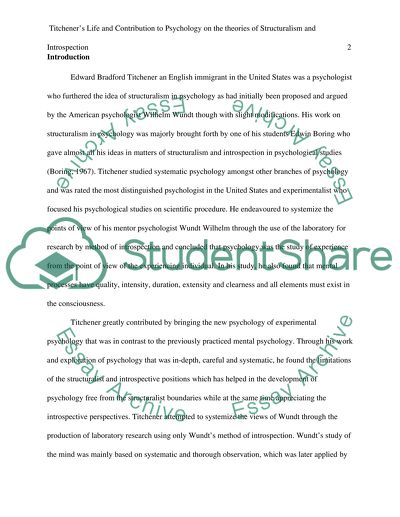Cite this document
(“Biography or Audiobiography about Edward Bradford Titchener Term Paper”, n.d.)
Retrieved from https://studentshare.org/psychology/1633283-biography-or-audiobiography-about-edward-bradford-titchener
Retrieved from https://studentshare.org/psychology/1633283-biography-or-audiobiography-about-edward-bradford-titchener
(Biography or Audiobiography about Edward Bradford Titchener Term Paper)
https://studentshare.org/psychology/1633283-biography-or-audiobiography-about-edward-bradford-titchener.
https://studentshare.org/psychology/1633283-biography-or-audiobiography-about-edward-bradford-titchener.
“Biography or Audiobiography about Edward Bradford Titchener Term Paper”, n.d. https://studentshare.org/psychology/1633283-biography-or-audiobiography-about-edward-bradford-titchener.


